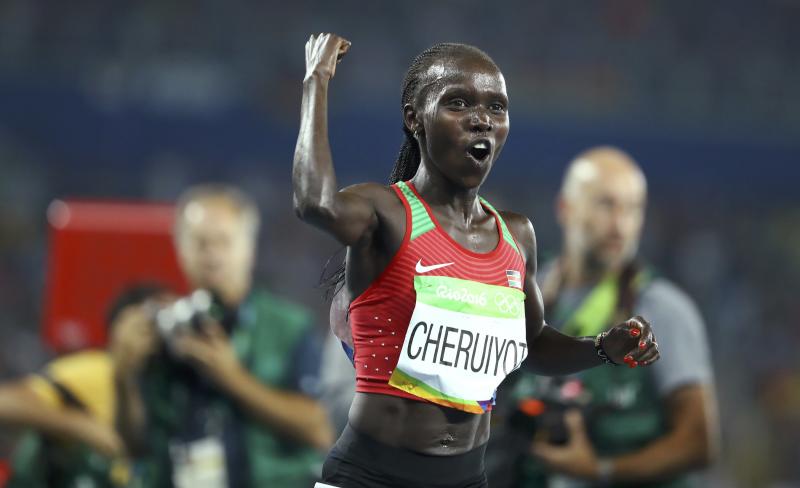×
The Standard e-Paper
Smart Minds Choose Us

Sports Cabinet Amina Mohamed reiterated Government support for Team Kenya to the 2020 Olympic Games in Tokyo, Japan, on 24 July to August 9.
But she warned athletes against using banned substances. “We are very serious about doping matters. We must prove that we always compete clean. As a country, we have a duty to protect the image of our country. We will ensure you prepare well for the games. You have our support,” Amina said yesterday when she presided over the naming of marathon team to 2020 Tokyo Olympic Games.







